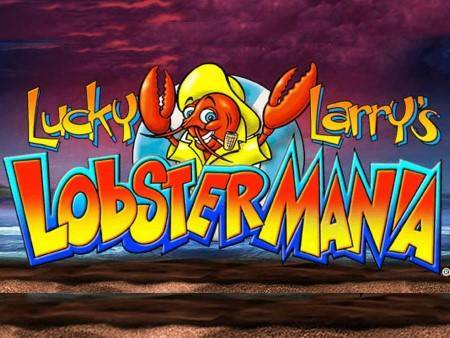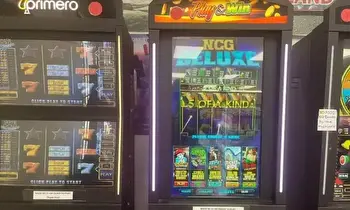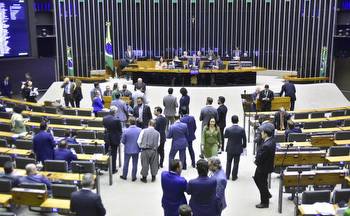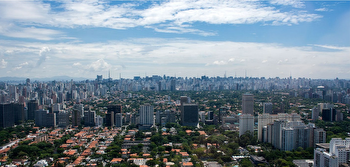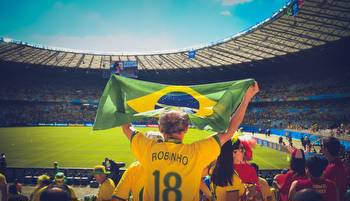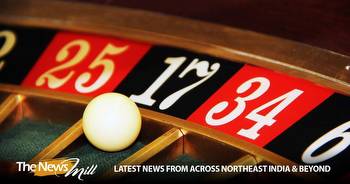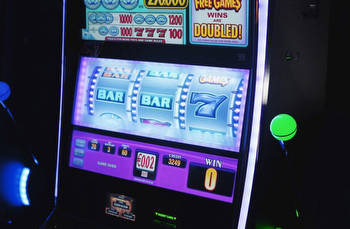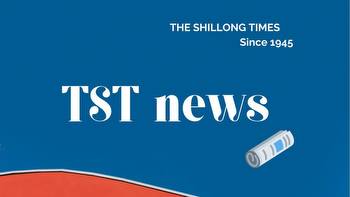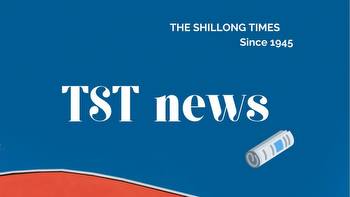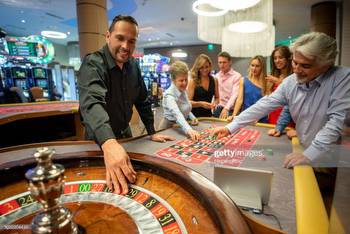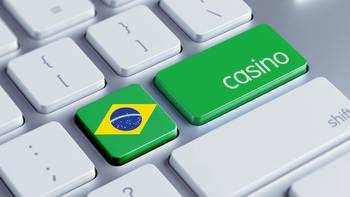Gambling rules and regulations in Brazil
RIO DE JANEIRO, BRAZIL – Brazil is the biggest country in Latin America, with a population of over 207 million. While Brazil ranked sixth in 2011 on the list of countries with the biggest economies, in the following years it started declining and is currently the ninth-largest economy in the world.
Having such a large population, it is inevitable for Brazilian people to show interest in gambling activities. Unfortunately, only a few forms of gambling are currently legal in the country, with some lawmakers pushing for a change but others refusing to do that.
Despite not all gambling activities being legal in Brazil, there are many residents of the county playing online at offshore casinos. If you are interested to find how the gambling market in Brazil is regulated and the activities that are legal in the country, we have provided a full review of the regulations.
GAMES OF CHANCE VS. GAMES OF SKILL
In 1941, all games of chance were banned, allowing Brazilian people to bet only on the state-owned lottery or horse races. Meanwhile, poker is also legal in the country as it is considered a game of skill rather than a game of chance. Gambling is currently regulated under the General Tourism Law but the government predicts changes to the law, regulating other forms of gambling and boosting the economy of the country.
Following the ban of games of chance, the gambling sector in Brazil remained unregulated for over 70 years. Even though slot machines were regulated in 1993, they were banned again in the mid-2000s, leaving the gambling industry in its current unregulated state.
Most of the confusion on the matter of the legality of games comes from the way the law in Brazil is structured, and this report provides more clarity on this topic. Even though the word “game” can be found in the Civil Code of Brazil, there is no clear definition of what qualifies as a game. According to scholars, the results of a game depend on the actions of its participants, while the outcome of a bet is not determined by those participating in the action. This is also the definition that is applied by many when it comes to determining the legality of gambling activities.
Games of chances are defined as cases in which the win or loss depends solely on luck. While horse race betting is legal, if it is conducted by unauthorized operators, this is also deemed a game of chance and is considered illegal. Those participating in games of chance are punished with a minor penalty of up to but not over 2 years.
Games of skill, however, are legal under the law in Brazil as their outcome strictly depends on the actions of players. Meanwhile, the lottery is also legal as it is described as a game that awards prizes thanks to a draw of tickets, vouchers, or other types of lottery games. Horse race betting is also among the few gambling forms allowed in Brazil and is regulated under the law amendment passed in 1984.
A big part of the population has a negative view of gambling as it is often associated with money laundering and other criminal activities. In the meantime, there are quite a few illegal bingo halls, slots and Jogo do Bicho games offered across Brazil, contributing to the negative reputation of the gambling sector.
As games of chance are deemed illegal, online gambling is also unregulated in Brazil. This being said, many offshore operators take advantage of a legal loophole and welcome players based in Brazil. As long as the operator is licensed by another jurisdiction, the gaming website can accept Brazilian players. This is due to the fact their activities will be regulated by the authority that has licensed the operator.
PIECES OF LEGISLATION THAT COULD CHANGE GAMBLING IN BRAZIL
The government has made some efforts to change the gambling legal frame in Brazil, helping the country’s economy to improve. Despite that, the current gambling scene in the country still remains mainly unregulated.
Senate Bill 186 of 2014, House Bill 442 of 1991, House Bill 530 of 2019, and Senate Bill 2,648 of 2019 are a few pieces of legislation that were introduced by lawmakers who strive to change the gambling industry in Brazil. Senate Bill 186 and House Bill 442 are providing better definitions of common terms, defining the rights of users, determining regulatory bodies, providing conditions to obtain a license, and providing penalties and sanctions for illegal gambling.
While the global pandemic put most proposals for amendments to the law, in August 2020, President Jair Bolsano signed a decree that privatized sports betting in Brazil, meaning that sports betting will be included in the country’s Investment Partnership Program (PPI). Many believe this will attract quite a few investors from the private sector, helping the newly introduced fixed-odds betting to generate generous income. The Ministry of Economy and the National Bank for Economic and Social Development (BNDES) is the regulatory body that will oversee the privatization of the sports betting sector.







